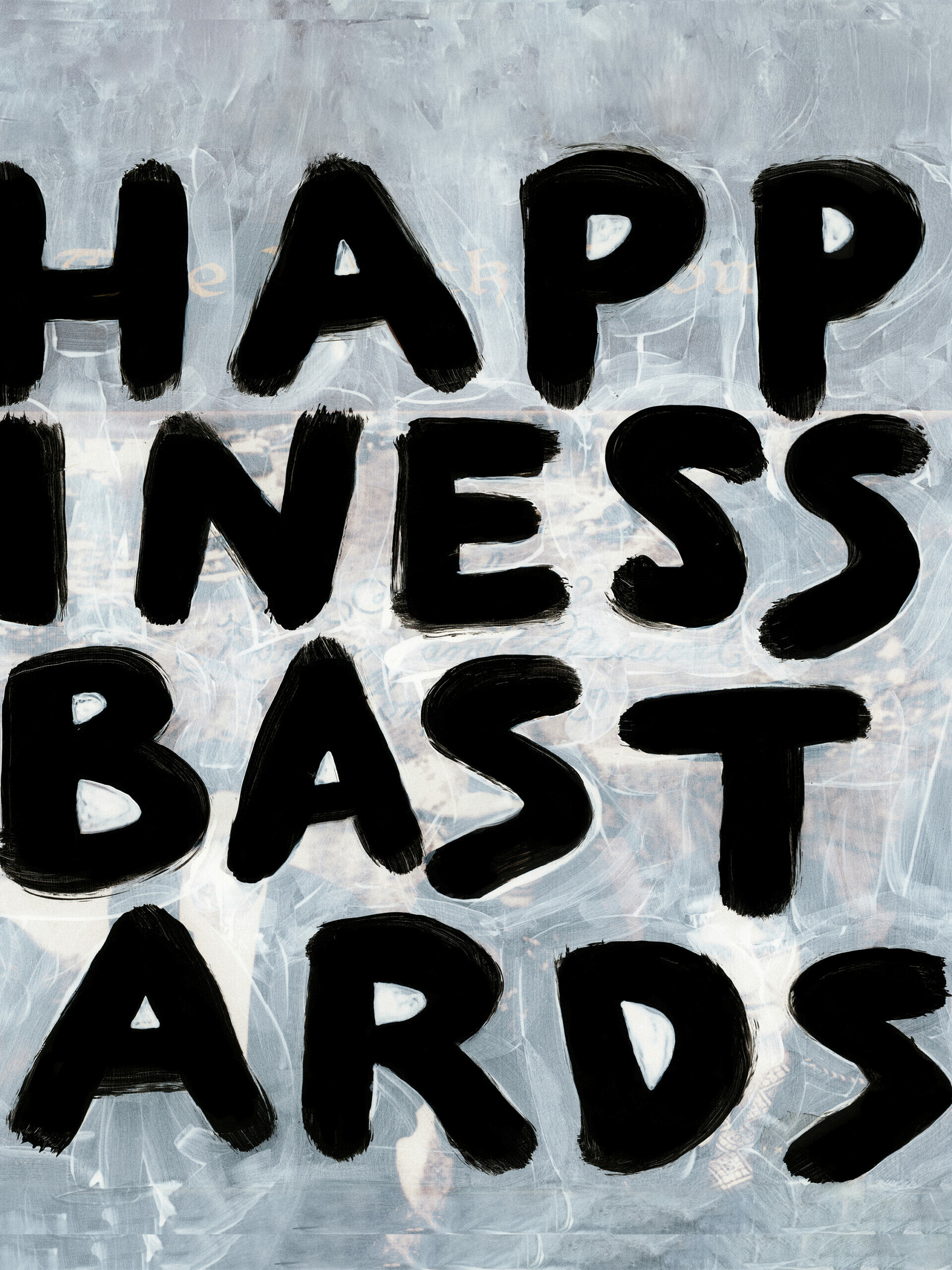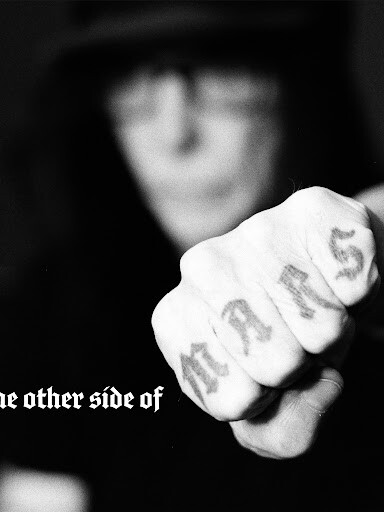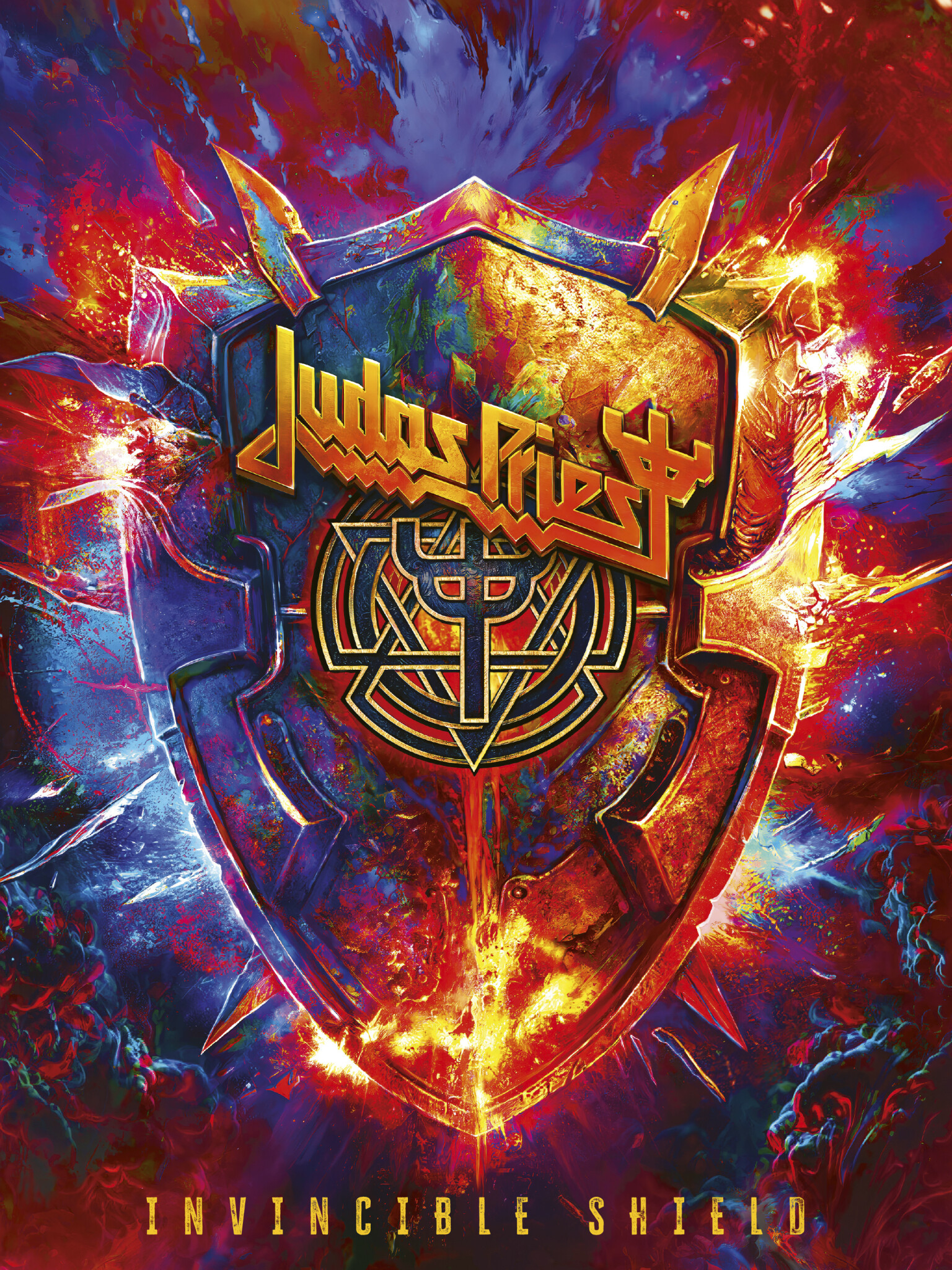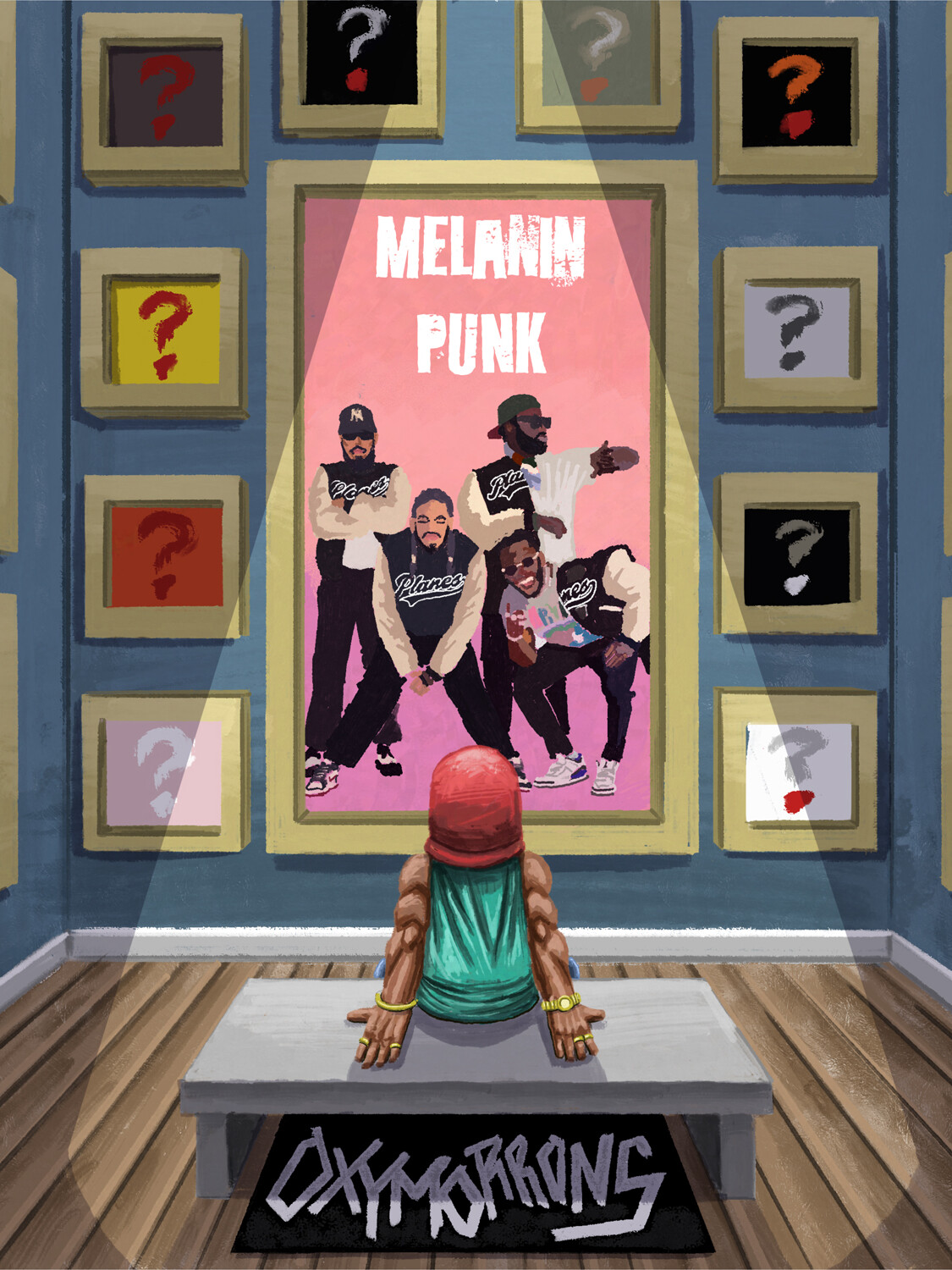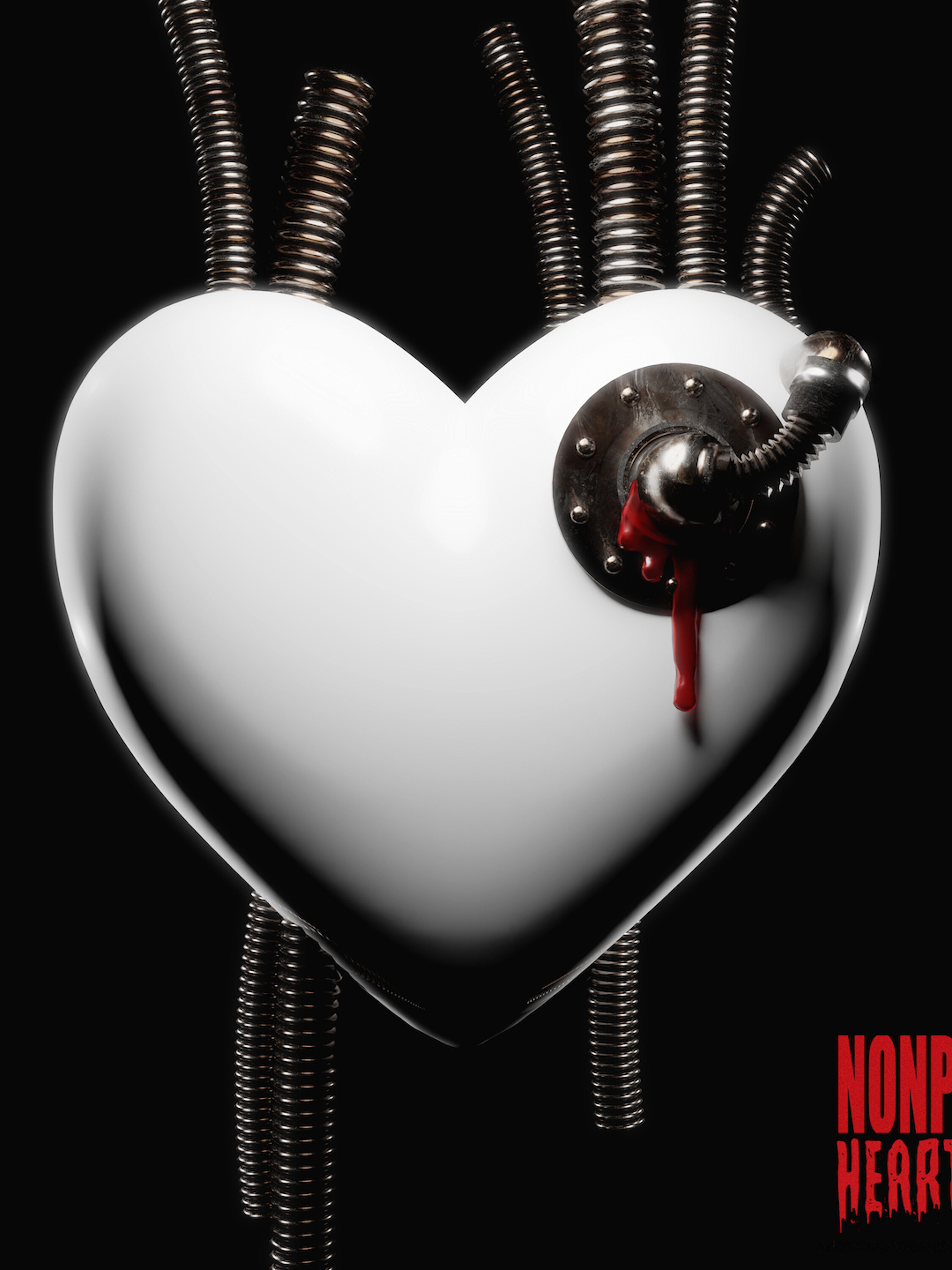If you party to hard at the Pav Tav you make have to make a tactical chunder! On this week’s Discover New Music Brock catches up with Jamie Hall, lead singer of Tigercub, to discuss the band’s third studio album “The Perfume of Decay.” Jamie shares how more creative freedom on this record allowed the band to find the sound they truly is feel is the Tigercub sound. Plus, Brock tests Jamie and the fellas on there Sussex slang and play a quick round of Rapid Fire.
Jamie Hall was absentmindedly watching a movie when he first heard the phrase “the perfume of decay.” It was nothing more than an isolated bit of dialogue, but the line resonated with the Tigercub frontman. It sounded dark, heavy, and gothic. It sounded like his band.
“There was a nighttime aesthetic to it, and something that reminded me of Edgar Allen Poe and the Victorian era,” he remembers. “It seemed to sum up the bittersweet nature of growing up. Thematically and musically, that’s where Tigercub was headed.”
With The Perfume of Decay — Tigercub’s third record of nocturnal, hard-hitting rock, as well as their first release for Loosegroove Records — Hall draws the curtains shut and embraces a moody, melancholic sound that’s every bit as cinematic as Hollywood itself. It’s an album about counterpoint and opposites, stacked with songs that contrast overdriven guitars with whispered vocals, tight grooves with shoegazing swells of noise, sonic experimentation with sharp songwriting. For a band that’s always trafficked in drama and dynamics, The Perfume of Decay marks Tigercub’s strongest release to date.
“The Perfume of Decay is set at night,” Hall explains. “It was written at night, I recorded all the vocals at night, and it is at night when my thoughts race and uneasiness pours through me like running water. Under the glimmer of moonlight, my apprehension ebbs and flows like the tide and it doesn’t stop until the morning. Perfume is a diary of my emotional journey from dusk to dawn, an anxiety-fueled voyage through the storm. Lyrically, at points, it is almost a stream of consciousness. I sat up late and wrote the words down as they flashed before my eyes.”
“I use my songwriting as a form of catharsis — a tool to examine my anxiety and insecurity about growing older and how those emotions seem to lead me towards turmoil,” he adds. “I pour those feelings into my lyrics and only then can I move on from them.”
A seven-foot frontman, radio host, and music historian, Hall is literally larger than life. Tigercub’s music has always sounded similarly colossal, from the band’s 2016 debut, Abstract Figures in the Dark, to 2021’s As Blue as Indigo. Those records represented two different sides of the Brighton-based band, hinting at diverse influences like Led Zeppelin, Slipknot, Chopin, and Sonic Youth. For Tigercub’s third album, Jamie and his two bandmates — drummer James Allix and bassist Jimi Wheelwright — set out to occupy the space between those extremes.
“It’s experimental but not indulgent,” Hall says of the record, which he wrote and self-produced. “The songs are succinct, but they aren’t anxious to please everyone. We don’t mind setting the mood, being patient, and taking our time before the vocals come in.”
That approach has earned support from an audience that stretches across both sides of the Atlantic, as well as acclaim from Tigercub’s peers. Stone Gossard, guitarist for Pearl Jam and founder of the iconic label Loosegroove Records, has been a longtime champion of the band. “Jamie Hall is not only an incredible songwriter, singer, and fucking wicked guitarist,” he says, “but he also has a deep understanding of art and music history. This guy dabbles in it all — visual arts, digital media, world history… Check out his radio show and experience his natural grace and cheeky humor. This band is generational, and Jamie’s a natural star. Loosegroove couldn’t be happier working with Tigercub.”
The Perfume of Decay was recorded after an international tour that took Tigercub halfway around the world in promotion of As Blue Indigo. The record was met with commercial success and critical acclaim, peaking at Number 11 on the UK charts. Tigercub found similar success on the road. From sold-out shows across the UK to an American tour with Clutch and Eyehategod, the guys spent months on the road, their minds blown by the vastness of the American landscape.
“We were together in the van, watching the scenery change, driving from San Antonio to Tucson,” remembers Hall. “We saw the scale of America and got a sense of how big the world is. It flipped our perspective. When we went into the studio, we played with the songs a little bit to reflect that space.”
The loud-and-soft dynamics of Tigercub’s catalog reach a fiery fever pitch with The Perfume of Decay. Hall recorded his vocals while sitting down, a move that lends a hushed urgency to the performances. “For any screamed parts on the record, I wasn’t actually screaming in the studio,” he adds. “I was just whispering close to the mic, and we’d distort it. It sounded far more intense than any psychotic scream I could conjure.” Another inventive production technique found covering drummer James Allix in heavy-duty chains purchased from a hardware store, which gave a “subtle arrhythmical rustling” to the background of several tracks. He even peppered songs with footage from his personal collection of vintage tape machines. “What’s cool about the old dictaphones I’ve bought at markets and car boot sales is the stuff you can find on them,” Hall explains. “It’s this weird playback of people’s lives, their memories, and the memos they’ve made to themselves. It can be very creepy, and I wove some of those recordings into the tracks. People might not notice things like this until the fourth or fifth listen, but it’s like the fingerprint of the record.”
At the album’s core, though, is a loud, booming bedrock of rock and metal. The album’s title track kicks open its gates with guitar riffs inspired by Chopin’s Études. “Show Me My Maker” roots itself in heavyset percussion inspired by John Bonham. “Shadowgraph” balances its gothic heaviness with dense, swirling soundscapes. Hall recorded the album’s guitar parts with a Gibson Les Paul and a Marshall amplifier, the volume cranked to 11 on both. He half-seriously calls the approach “a Spinal Tap move,” but The Perfume of Decay is no joking matter. It’s the sound of Tigercub growing up, shedding its “cub” status, and confidently embracing all the contradictions, counterpoints, and catharsis of modern-day rock.
“It’s all about opposites,” he says. “Sweet-and-salty popcorn tends to taste better than regular popcorn, even though those are two opposing forces. I wanted to nail that concept with our heavy guitars, softer-sung vocals, Can-style grooves, and a bit of shoegaze. Counterpoints can come together and make a powerful connection. I’ve crossed the threshold from my 20s to my 30s, so I’m getting older, but I’m also entering my prime. This record is a reflection of that.”




